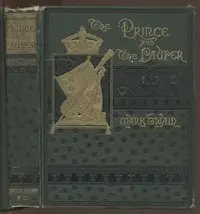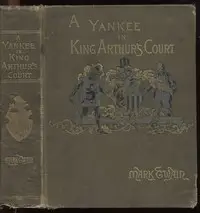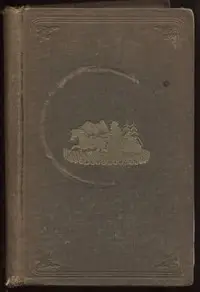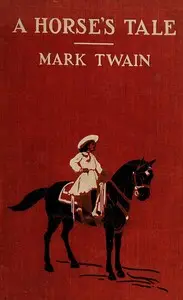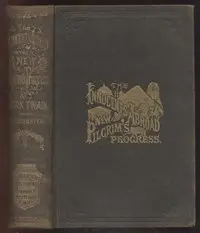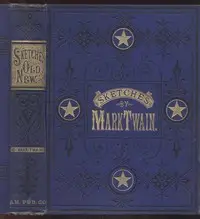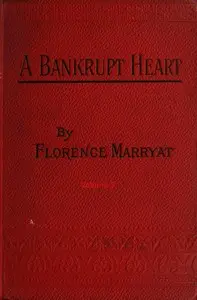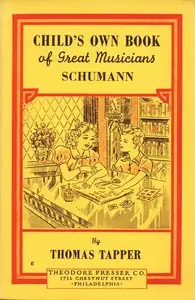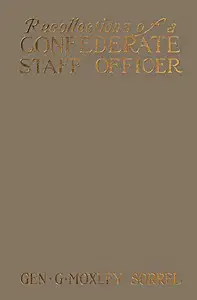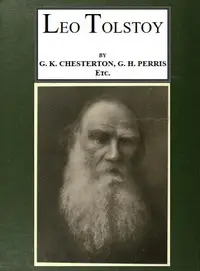"Roughing It, Part 5" by Mark Twain is a semi-autobiographical work written in the late 19th century. This installment of Twain's travel narratives describes his experiences during the westward expansion in America, focusing particularly on the mining culture and various colorful characters he encounters. The narrative details his interactions with the eccentric Captain Nye and the consequences of their mining ventures, showcasing Twain's characteristic wit, humor, and keen observations of human nature. The opening of "Roughing It, Part 5" introduces us to Captain Nye, who is suffering from spasmodic rheumatism, leading him to alternately express kindness and violent outbursts. Twain's reflections on planning for his own home and a trip to Europe intertwine with his caretaking duties for Nye. As he grapples with the Captain's unpredictable behavior, Twain receives distressing news about their mining claim, which had been relocated due to their failure to perform the necessary work on it, leaving them financially devastated. This catastrophic turn of events leads Twain and his friend Higbie to resolve to leave the scene of their troubles and venture into new mining pursuits, setting the stage for further adventures. The prose is rich with Twain's humor and commentary on life in the burgeoning territories, revealing both the absurdity and hardship of frontier life. (This is an automatically generated summary.)
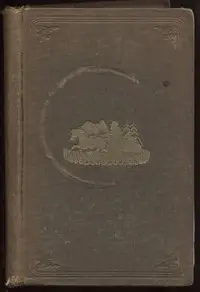
Roughing It, Part 5.
By Mark Twain
"Roughing It, Part 5" by Mark Twain is a semi-autobiographical work written in the late 19th century. This installment of Twain's travel narratives de...
Samuel Langhorne Clemens, known by the pen name Mark Twain, was an American writer, humorist, and essayist. He was praised as the "greatest humorist the United States has produced," with William Faulkner calling him "the father of American literature." Twain's novels include The Adventures of Tom Sawyer (1876) and its sequel, Adventures of Huckleberry Finn (1884), with the latter often called the "Great American Novel." He also wrote A Connecticut Yankee in King Arthur's Court (1889) and Pudd'nhead Wilson (1894) and cowrote The Gilded Age: A Tale of Today (1873) with Charles Dudley Warner.

